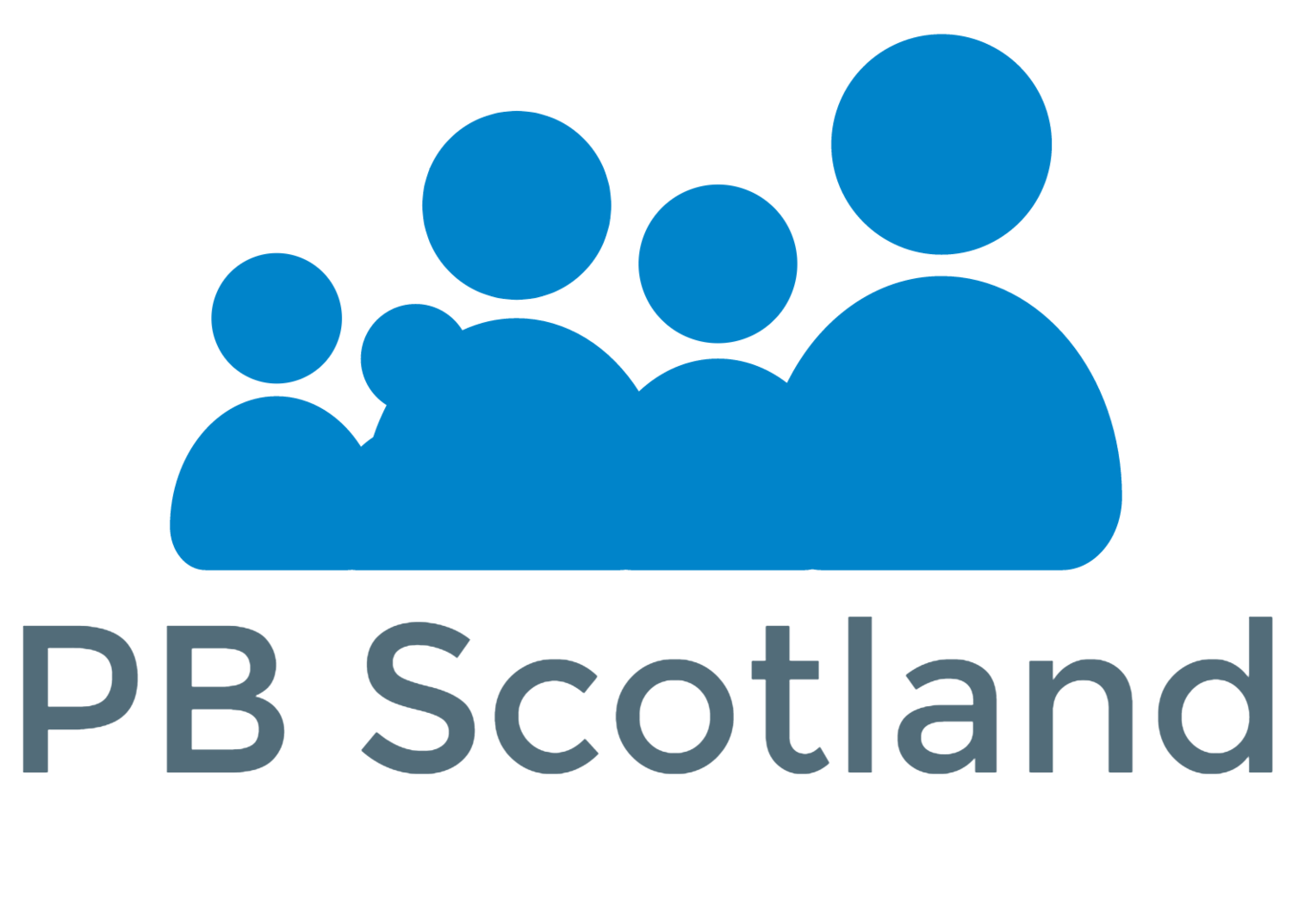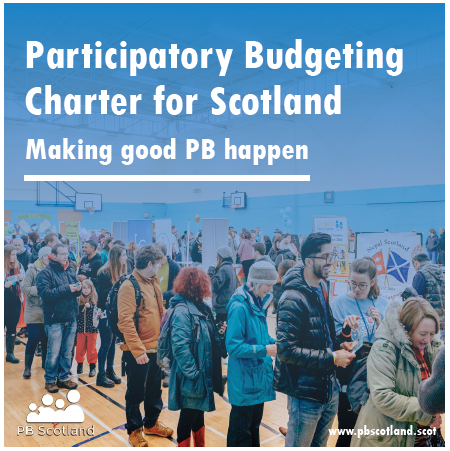New Elected Member PB Briefing Note
/A new briefing note provides an overview of participatory budgeting (PB) practice in Scotland for elected members.
The Improvement Service, COSLA and the Scottish Government have published the briefing to help elected members keep pace with key issues affecting local government.
The briefing covers mainstream PB, the role of elected members in PB and key considerations for carrying out PB by local authorities.
It also makes reference to other areas of PB practice, including the Framework for Future PB, Budgeting for Equality, and the PB Charter for Scotland, published by PB Scotland.
COSLA’s Vice President, Councillor Graham Houston, said:
“Local Government in Scotland is committed to empowering communities to participate in budgetary decisions through the Community Choices 1% Framework Agreement.
“This commitment is recognised internationally as pioneering how local government can work with communities to deliver services which are responsive to local needs and priorities.
“The 1% Framework Agreement recognises the value of mainstreaming PB across local government to ensure people can participate in budget decisions on the wide range of local government services.
“Mainstreaming participatory budgeting also requires recognising how councils are responding to the changing public and policy landscape in response to the pandemic.
“Throughout 2020/21, a year of exceptional challenge for us all, councils allocated over £78m of local budgets in partnership with local communities. This required employing new and innovative ways of working.
“The launch of this briefing for elected members on Mainstream Participatory Budgeting reflects the journey and learning to date of Scottish councils as they look to embed participatory budgeting across all service areas.
“I hope this briefing is useful to both new elected members, interested in learning about participatory budgeting activity to date, and to returning members who are looking to develop their understanding of PB as we transition from a small grant to mainstream participatory budgeting model.”






